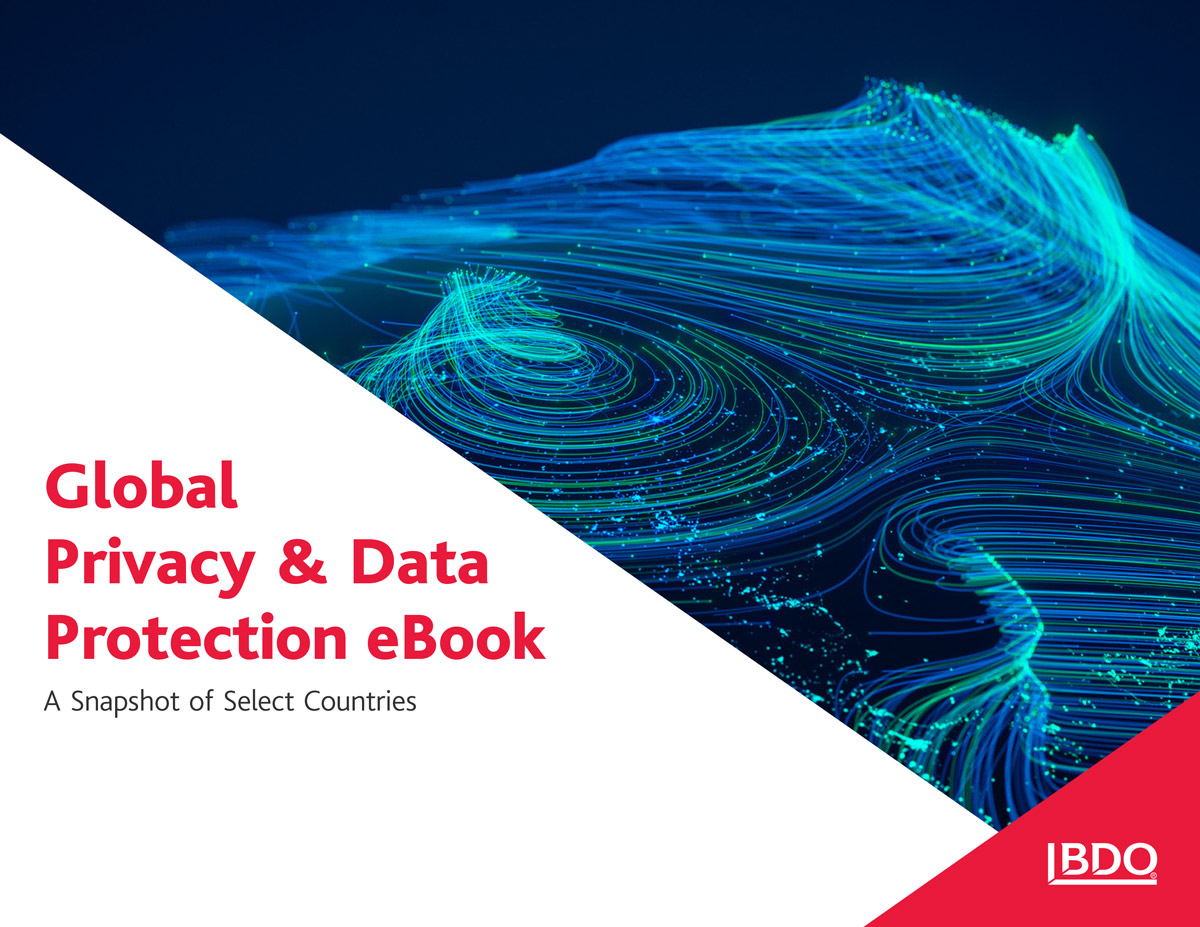A unified approach to data protection is essential for fostering trust and ensuring the rights of individuals are respected on a global scale. Alternatively, In a globalised world, privacy is not just a privilege but a fundamental right that demands rigorous protection and harmonisation across nations.
KAREN SCHULER
Global Privacy & Data Protection Leader
